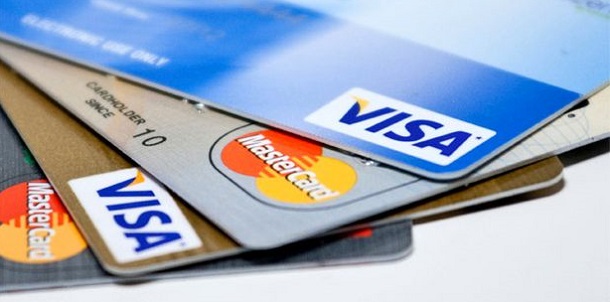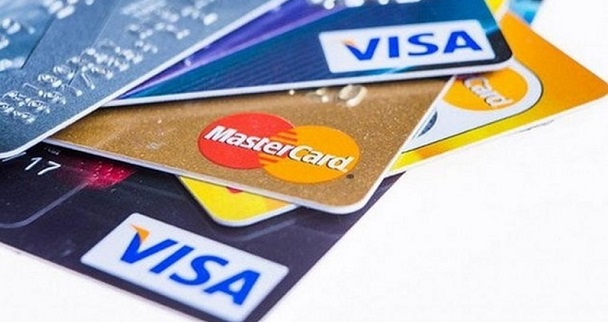
Every type of lending or financial product can have a negative impact on your credit score if they are not managed properly, and payday loans are no different. Payday loans are a form of short-term finance that is designed to bridge the gap between paydays and also help to cover unexpected emergency expenses. They are generally easy to obtain, can be applied for very quickly online, and funds can be released to your bank account in a matter of minutes.
Most direct payday loan lenders won’t run a full credit check on you when you apply but will instead run a soft credit check and an affordability check. This makes it easy for most people to be approved, even if you might have previous defaults or a poor credit score. This does not mean that having a payday loan won’t impact your credit score in future, and how you use the loan will determine whether that impact is negative or positive.
Is a payday loan visible on your credit file?

Yes, every type of loan or finance will have some impact on your credit score and will be visible on your credit file. Payday loans will be marked on your credit report when you apply, and this can be seen by any future potential lenders when they run a credit check on you.
While every application will be marked on your credit file, it is how you handle the loan that will depend on if it has a negative or positive impact on your credit score. Having payday loans on your credit history can be seen as a sign of financial difficulties and poor money management, and some lenders might view any payday loan application as a red flag, even if it was paid off in full and on time.
Any use of payday loans can be seen as negative to some lenders because it can indicate that you are not responsible with your finances. This is because it is never a good idea to let yourself get into a situation where you need to use a payday loan to get by.
How can a payday loan negatively impact your credit score?

Simply applying for a payday loan will have a slightly negative impact on your credit score, as the application will be visible on your credit file and can be seen by any future lenders. Even if you are turned down for the loan, the application will still be visible on your credit history. The negative impact of an application will be minimal, and this is unavoidable as an application has to be made for any type of credit you want.
All future lenders will be able to view information such as the size of the loan you applied for when the application was made and the lender you applied to. If you make multiple applications for financial products in a short space of time, then it will have more of a negative impact on your credit score. Multiple loan applications are a strong indication that you might be irresponsibly borrowing or having serious financial difficulties.
Once you have applied and been approved for a loan, if you fail to repay the loan on time or in full it could also have a severely negative impact on your credit score. Any missed payments will be reported back to the credit reference agencies and can be seen on your credit file by future lenders.
If you have repeated missed payments on your credit file, then the negative impact on your credit score will be substantial and you will be more likely be refused a loan or credit in the near future. After several missed payments, the lender may pass your details onto a debt collection agency.
A debt collection agency will also pass this onto the credit reference agencies, and this will be marked on your credit history and reduce your credit score. These types of marks on your credit file can be visible and affect your credit score for up to 7 years and will make it very difficult to be approved for future finance products.
Payday loans can trap you in a cycle of debt if you aren’t careful. Once you have borrowed before one payday, and then repaid the loan on time, it can make surviving until the next payday a struggle again. Many people are then tempted to get another payday loan, and this can go on month after month, and every one of these applications will affect your credit score.



